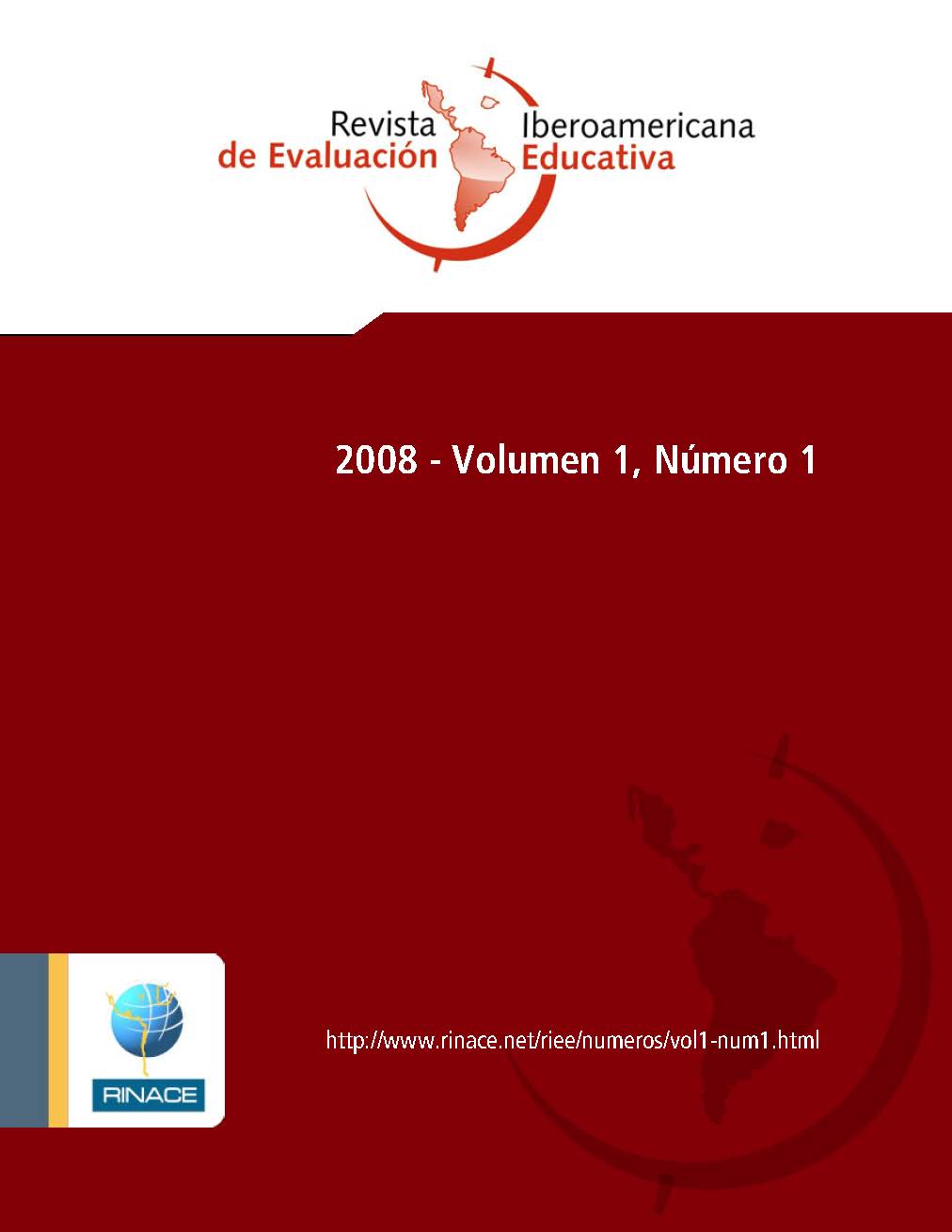Jornada Escolar Completa en Chile. Evaluación de Efectos y Conflictos en la Cultura Escolar
Copyright (c) 2016 Revista Iberoamericana de Evaluación Educativa

This work is licensed under a Creative Commons Attribution-NonCommercial-NoDerivatives 3.0 Unported License.
Abstract
La Jornada Escolar completa es un de los cuatro ejes de la Reforma Educativa que se implementa en Chile. Se inició en el año 1997 con el objetivo de aumentar los tiempos pedagógicos, particularmente de los establecimientos subvencionados públicamente, para mejorar la calidad de los aprendizajes. Los resultados obtenidos hasta la fecha son importantes en cuanto a infraestructura y cobertura de la matrícula bajo este régimen horario. Sin embargo, los resultados en los aprendizajes están lejos de lo esperado. En este artículo se plantea que el problema de los efectos está en estrecha relación con la cultura de la escuela y, particularmente, con las representaciones que tienen los profesores sobre expectativas de aprendizaje de sus alumnos y la calidad de la realidad interna de los establecimientos. Se demuestra que la percepción del efecto e impacto de la Jornada Escolar Completa varía de acuerdo a la representación que tienen los docentes de la realidad social del niño y del establecimiento. En la representación de los profesores, mientras mas negativa es la realidad social de los niños y el contexto interno del establecimiento menos impacto tendrá la JEC sobre los aprendizajes.
Palabras clave: Uso Tiempo Escolar, aprendizajes, Representaciones Sociales, Factores Asociado.
A full school day is one of the four axes of the Educational Reform taking place in Chile. It began in 1997 aiming to increase pedagogic times, particularly those of public establishments, so that the quality of learning could be increased. Important findings have been made as to the infrastructure and coverage of enrolment under the new schedule. Regardless, the results obtained on the learning process are far from what was expected. This article presents the problems arising from the effects of a close relationship with a schooling culture and particularly of the representations of teachers about the learning expectations of students and the real internal quality of the establishment. It is proven that the perception of the effect and impact of the Full School Day varies in accordance with the representation of the teachers on the social reality of the child and of the establishment. The teacher’s representation, the more negative, is the social reality of the child and the internal context of the establishment the less impact the full school day will have on the learning process.
Keywords: Use of school time, learning, social representation, associated factors.
